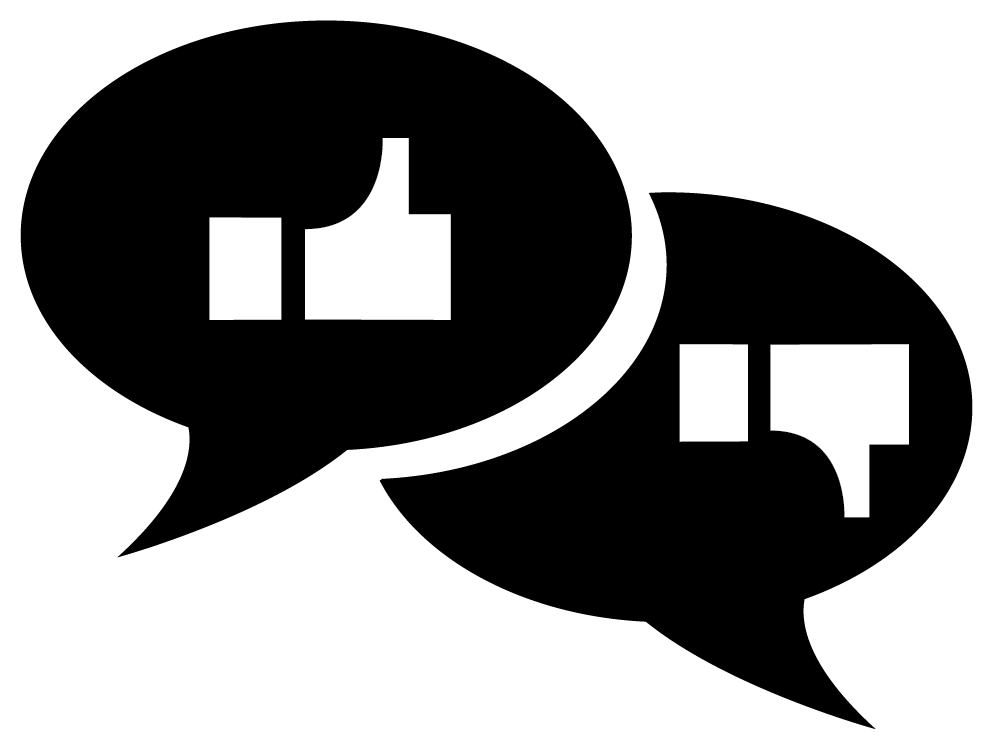“I’m officially Mrs. Alfredsen,” said Michelle Alfredsen, who, with her wife Wendy, was finally able to make her marriage license official last week. She and Wendy received a license in Boulder this summer, but had a pending state case to legally recognize the marriage.
On Oct. 6, the Supreme Court of the United States declined to hear all appeals to same-sex marriage, effectively legalizing same-sex marriage in many states. Following the ruling, Colorado Attorney General John Suthers ruled that all 64 county clerks must begin issuing marriage licenses to same-sex couples.
Both rulings signal a step forward in creating greater equality for LGBTQIA in the United States, Colorado, and the greater DU community. They are also a call for further social change and acceptance everywhere.
While legal recognition of same-sex marriage is crucial, these rulings are a reflection of greater social change in our nation and community.
“I feel a sense of optimism,” said Tim Gill, a Democratic activist attending a marriage equality rally in Denver “Not just because of Monday, Oct. 6 but because of what has been happening over the past several years.”
The legalization of same-sex marriage across the country has been gaining strength recently, legally and publicly. In June 2013, the Supreme Court struck down part of the Defense of Marriage Act, breaking down the wall against legal same-sex marriage. In just the past few years, support of legal same-sex marriage has increased to gain the majority: currently, 56 percent of Americans support it while only 38 percent oppose it.
Especially in the DU community, these rulings are signals for greater change ahead. While we may not see many students marrying during their time on-campus, the change is a stepping stone for the future. With legal recognition of same-sex marriage and increasing public support, the LGBTQIA community on-campus may continue pushing forward for social equality amongst peers.
Some of the issues that students may help to begin pushing forward are employment non-discrimination and in-school programs to support young LGBTQIA students, as identified by the American Civil Liberties Union. It will likely be easier to push related movements forward with these new rulings. It is a signal that the country and state are ready to recognize equality and these initiatives will likely have quicker success.
Of course, social change can take time. The Supreme Court and Attorney General rulings are a signal of development, but it will take effort to enable universal equality. This doesn’t necessarily mean that we have to take a long time to enact change: if we are willing, our community can ensure that equality is a priority now. The DU community should take these rulings as an indicator that it is time to embrace and support social change, especially for students outside of the LGBTQIA community.
Students do not have to participate in the Queer-Straight Alliance to support the movement. Embrace equality of all students and we’ll make more change than could be made with legal action.
These rulings are a signal – both of change that has already occurred and change that is to come. As a part of the DU community, we must embrace the change to move forward as a group of equals.
On campus, The DU Queer Straight Alliance provides social events and resources for political support of the LGBTQIA community. Meetings are held every Wednesday at 7:30pm in Driscoll Room 1880. More information is on their Facebook page, https://www.facebook.com/groups/qsadu/, or questions can be emailed to denverqsa@gmail.com.










